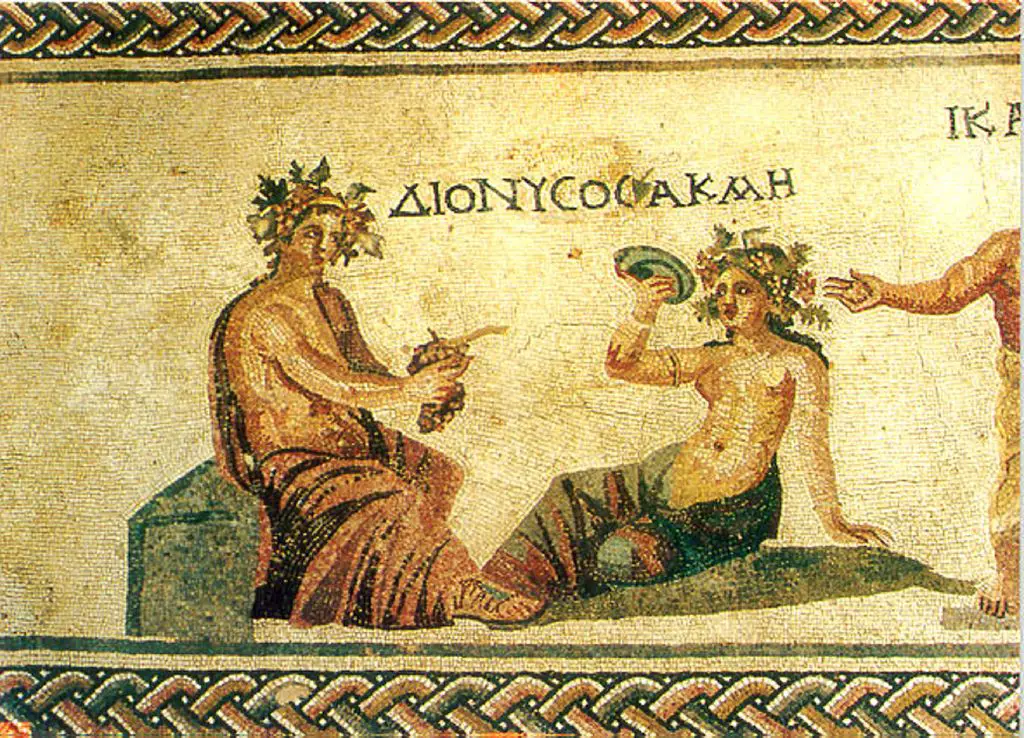Blog
History Of Wine

Wine (from Latin vinum) is an alcoholic beverage made from grapes, generally Vitis vinifera, fermented without the addition of sugars, acids, enzymes, water, or other nutrients. Wine has long played an important role in religion. Red wine was associated with blood by the ancient Egyptians and was used by both the Greek cult of Dionysus and the Romans in their Bacchanalia; Judaism also incorporates it in the Kiddush and Christianity in the Eucharist.
Table of Contents
How Wine Colonized The World
The story of wine is deeply intertwined with the story of all of recorded human history. Wine has evolved as part of life, culture and diet since time immemorial. Wine making emerged in Europe with the expansion of the Roman Empire throughout the Mediterranean, when many major wine producing regions that still exist today were established. Even then, wine making was a precise husbandry that fostered the development of different grape varieties and cultivation techniques. Barrels for storing and shipping emerged, bottles were used for the first time, and even a rudimentary appellation system developed as certain regions gained a reputation for fine wine. As wine production became progressively refined, its popularity increased, and wine taverns became a common feature in cities throughout the Empire.
- 4100 B.C.: The Oldest Winery Is Founded In Ancient Armenia
What we know of to be the oldest winery is founded in ancient Armenia. The site was discovered in 2007 by UCLA researchers.
- 3100 B.C.: The Pharaohs Rise To Power In Egypt
The pharaohs rise to power in Egypt. They begin making a wine-like substance from red grapes and, due to its resemblance to blood, use it in ceremonies. During this time, the Egyptians come in contact with Jews as well as the Phoenicians. It would be the Phoenicians who would cultivate the wine and begin to spread it around the world.
- 1700 B.C.: Wine Was Drank At Least 3,700 Years Ago In Northern-Israel
Archaeologists recently discovered a 3,700-year-old cellar in northern-Israel. The scientists who have studied the findings say that more than 500 gallons of wine were once stored in this cellar.
- 1200 B.C. — 539 B.C.: The Phoenicians Begin To Trade Across The Mediterranean
The Phoenicians begin to trade across the Mediterranean, including the Middle East (current day Israel) and stretching around the sea from North Africa to points in Greece and Italy. It was during their trading that they also brought with them wine, transported in ceramic jugs, as well as grapevines. During travels, the Phoenicians come in contact with the Jews, who began to use wine to mark religious ceremonies. We first hear the mention of wine in the book of Genesis, when, after the flood, Noah, drunk on wine, exposes himself to his sons.
- 800 B.C.: The Rise Of Greece & Hellenistic Conquest
The Greeks, having been exposed to wine by the Phoenicians, begin to perfect the beverage. Wine becomes a symbol for trade, religion and health. A god is named in honor of wine: Dionysus. As the Greek city-states begin to rise in power, they colonize other land around the Mediterranean, and, along with their armies, travel with wine. After a new colony was conquered, Greeks would settle the area, bringing grapevines with them. Sicily and southern Italy formed some of the earliest colonies, and the wine then traveled up the boot toward Rome.
- 146 B.C.: Rome Conquers Greece & Builds An Empire
The Romans take wine as their own, creating Bacchus, their own god of wine, and make wine a central part of their culture, just as the Greeks had done. They build upon and formalize the Greek’s cultivation methods to the point that terroir is recognized and famous vintages (121 BC the most well known) are enjoyed for decades.
- 380: The Roman Empire Adopts Christianity
As the Roman Empire adopts the Catholic Church and Christianity, wine becomes a central part of the sacrament. Wine’s importance to Catholicism and Mass causes the Catholic Church to focus on wine cultivation and production.
- 1492 — 1600: Wine Travels To The New World
Wine travels to the New World and it’s brought to Mexico and Brazil by the conquistadors. Wine spreads across South America from these two original locales.
The new world map aka “Propaganda map” (1529)
- 1554: Spanish Missionaries Spread Across The Americas
Spanish missionaries, traveling from points North, including Mexico, establish Chile’s first winery.
- 1556: Spanish Missionaries Travel From Chile To Argentina
Spanish missionaries travel from Chile to Argentina, settling in the Mendoza wine region, and planting the region’s first grapes.
- 1562 — 1564: Wine Briefly Comes To The U.S. In Florida
Wine comes to America, being made for the first time by French Huguenots in Jacksonville, FL. The Huguenots did not bring European grapes with them, but instead used native grapes they found growing in the area.
- 1619:The French Begin Cultivating Imported Grapevines In Virginia
The French import French grapevines and begin cultivating wine in Virginia.
- 1659:The Dutch East India Company Colonize South Africa
Vines are planted and wine production begins in Cape Province to fill this need. Later the English would seize the colony.
- 1788: The First Fleet Sails To Australia Via South Africa
The First Fleet, having departed the UK in 1787 in order to travel to Australia to establish the penal colony, makes a stop in South Africa. During the stop the fleet picks up grape cuttings that will be planted in Australia upon the fleet’s arrival.
- 1832: James Busby Is Appointed British Resident Of New Zealand
James Busby, a British resident living in Australia who is considered the father of the Australian wine industry, is appointed to the position of British Resident of New Zealand by the British government. Busby travels from Australia to New Zealand and brings with him grape cuttings from Australia. He establishes New Zealand’s first vineyard in 1836.
You Can Also Check: